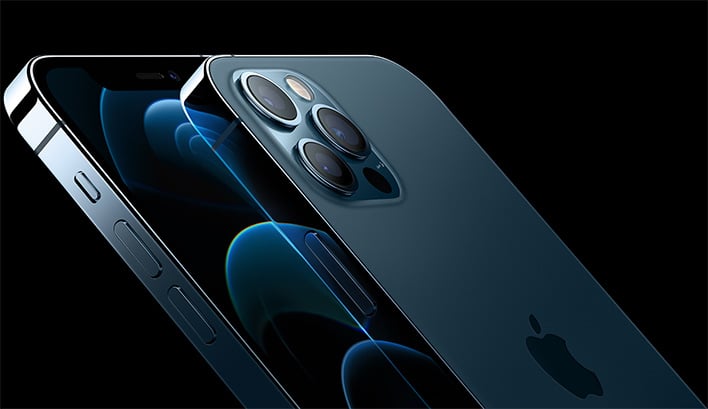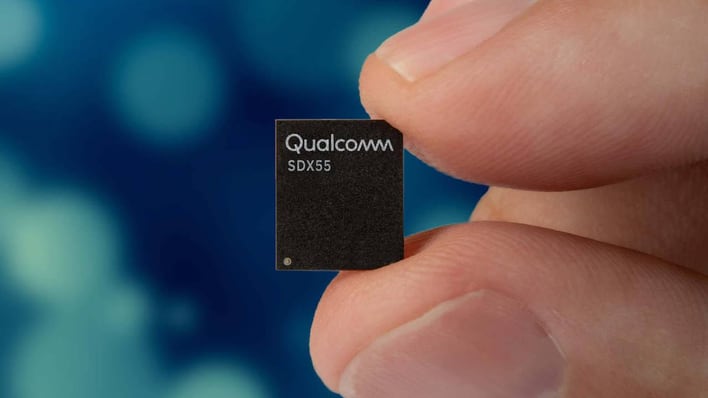Apple Puts Qualcomm On Notice As Work Begins On Its Own 5G Modems

In a recent town hall meeting with Apple employees, Johny Srouji, who serves as Apple's SVP of Hardware Technologies, proclaimed:
This year, we kicked off the development of our first internal cellular modem which will enable another key strategic transition. Long-term strategic investments like these are a critical part of enabling our products and making sure we have a rich pipeline of innovative technologies for our future.
It's interesting that Srouji says that development started just this year, when Apple acquired Intel's cellular modem unit and intellectual property back in 2019 along with 2,220 employees to boost its efforts in this space. And it was widely reported that Apple was working on its own modems before it snapped up Intel’s business on the cheap.

Apple currently relies on Qualcomm to provide the modems for devices like the iPhone 12 family. More specifically, every iPhone 12 model comes equipped with the Snapdragon X55 modem, which provides both sub-6GHz and mmWave 5G connectivity around the globe. Back in 2019, Apple signed a multi-year agreement with Qualcomm to supply modems for its products, but Apple's latest move will leave Qualcomm out in the cold once that contract ends. There is likely still some underlying bad blood between the two companies given their long and drawn-out fight over IP relating to cellular modems, so it's understandable that Apple would want to bail on Qualcomm as soon as it has an opening.
Apple has been separating itself from suppliers at a rapid clip in recent years. It left Imagination Technologies high and dry as it worked to develop its own potent GPUs for its A-Series SoCs. More recently, Apple has taken steps to rid itself completely of Intel as a chip supplier, starting with the release of M1-powered Macs; Apple says that it will complete this transition within two years. Qualcomm would just be the latest in a long line of high-profile divorces from Apple.
While a hypothetical iPhone 14 or iPhone 15 with an Apple 5G modem integrated into its A16 Bionic or A17 Bionic SoC seems like a sure thing, we'd like to see Apple take the opportunity to incorporate 5G connectivity on a M-Series SoC for future MacBook Air and MacBook Pro laptops.

